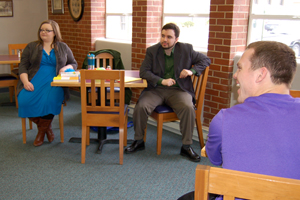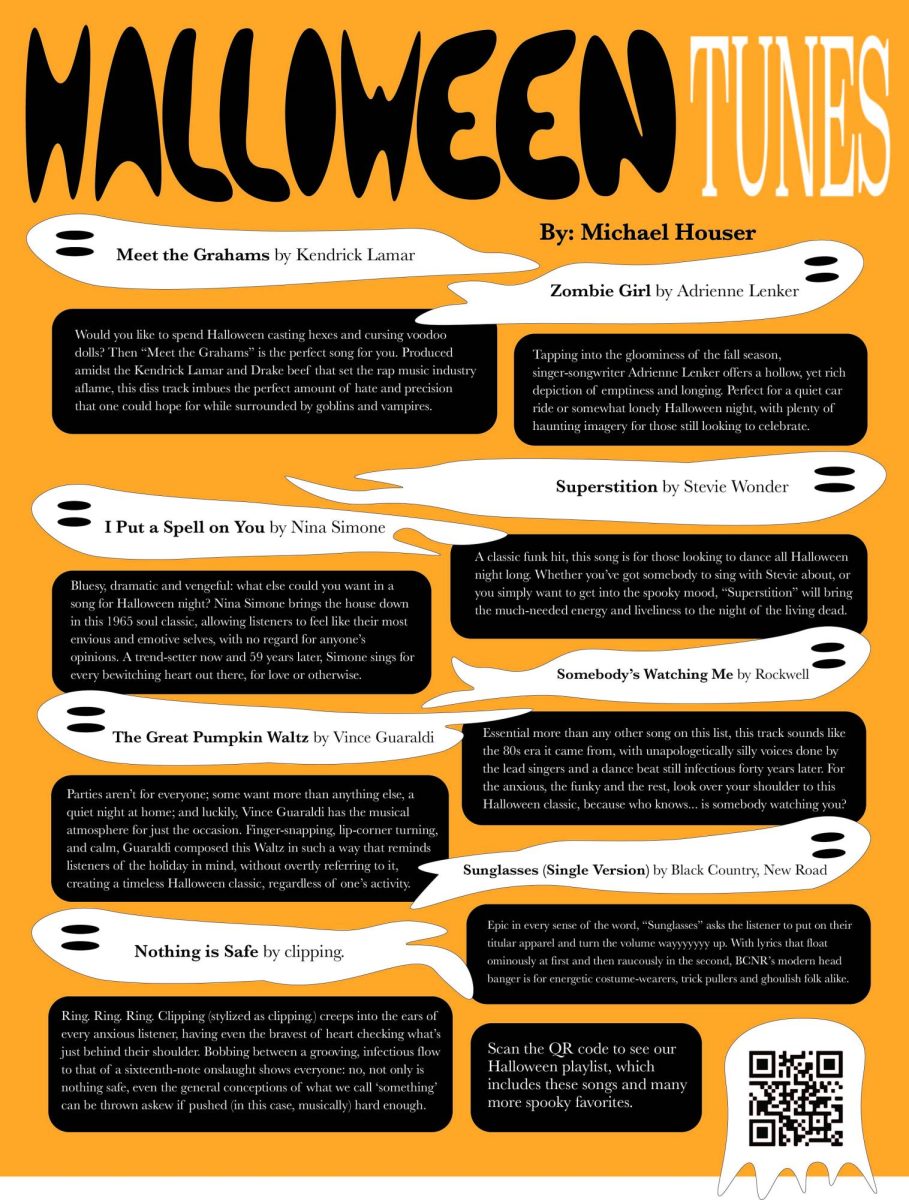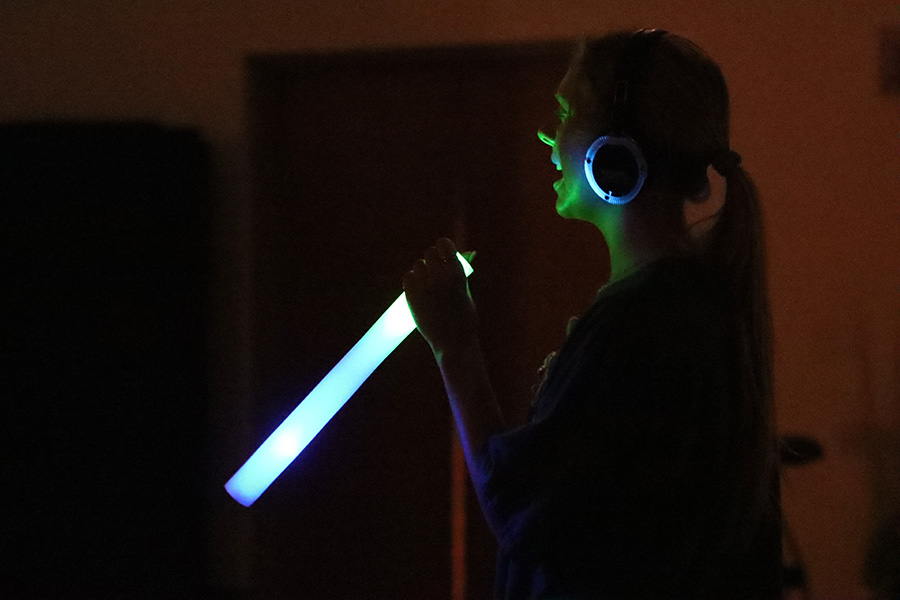A support group for students with Attention Deficit Disorder or Attention Deficit Hyperactivity Disorder, which is designed to help students share thoughts and strategies, is now available on Baker University’s Baldwin City campus.
The group began with Ali Neshati, a psychology doctoral student from the University of Kansas. Neshati, who was diagnosed with ADD as an adult, has been working at the Baker Counseling Center and saw a need for this group on campus.
“At Baker, students are, in many ways, stretched to the limits,” Neshati said. “There are so many things for students to get involved in, and it seems like students are very overwhelmed. We saw a lot of students who were coming in who have attention deficit or were dealing with lack of concentration.”
Academic Success Assistant Kathy Wilson and John Richards, assistant professor of history, also played a role in forming this group.
“I see a lot of students that have ADD/ADHD-related issues,” Wilson said. “It’s great to have a group where students can discuss how ADD/ADHD is affecting them in their lives.”
Richards also has ADD and believes there are important tips to implement within the group, and coaching through the disorder is very critical.
“It’s difficult to explain how complicated it can make your life,” Richards said. “People don’t understand how complicated even the simplest things are.”
The group meets at 12:30 p.m. every Monday in the Allen Dining Hall Private Dining Room.
Two students attended the first meeting Monday, and there are hopes that more students will take advantage of the opportunity.
“It’s a new beginning,” Neshati said. “We’re hoping that as the weeks go by, more and more people can be coming to this and taking advantage of it.”
The support group intends to serve as a safe place for students to share and learn techniques for organization and to get advice from their peers.
“There may be 100 different techniques for dealing with your inattention, and maybe 99 of those won’t work for you. But maybe that 100th try will work,” Neshati said.
Trent Callender, a transfer student who was diagnosed with ADD last semester, is looking forward to sharing these techniques and ideas with other students.
“It will help to talk and reflect with other people,” Callendar said. “It helps to deal with it when you can talk about it with someone who understands.”
While this group focuses on students with ADD and ADHD, any student is welcome.
“There is an opportunity for anyone involved in gaining study skills,” Wilson said. “All students have distractions. Everyone has got to find any type of tool or strategy that will help them become more successful.”







